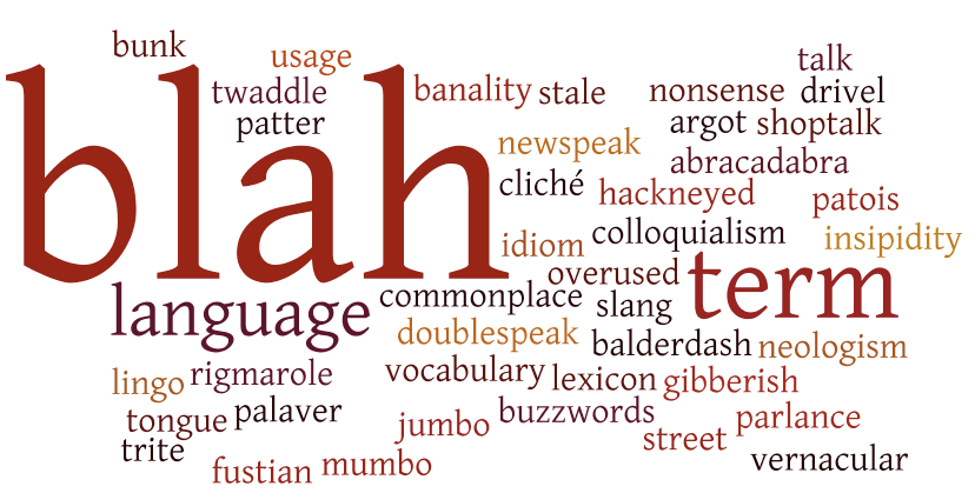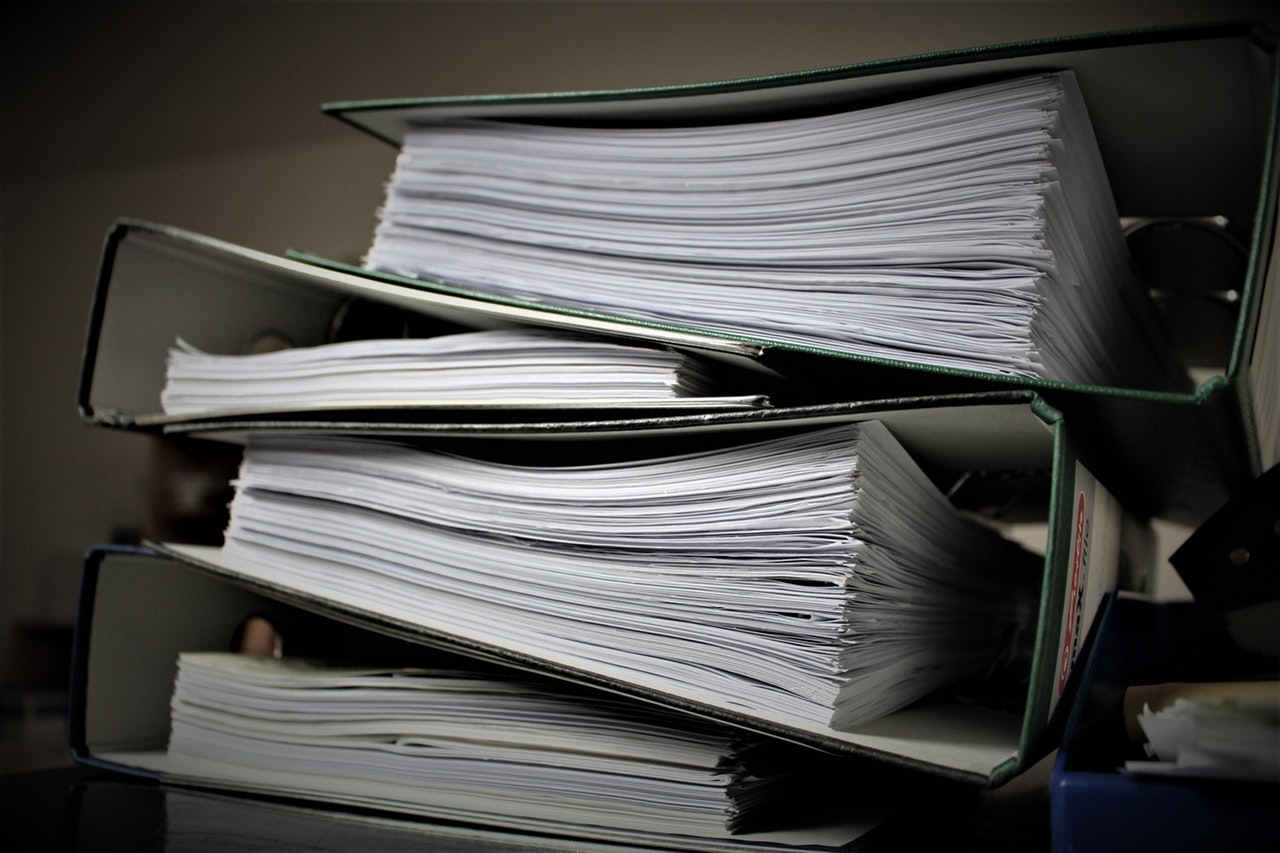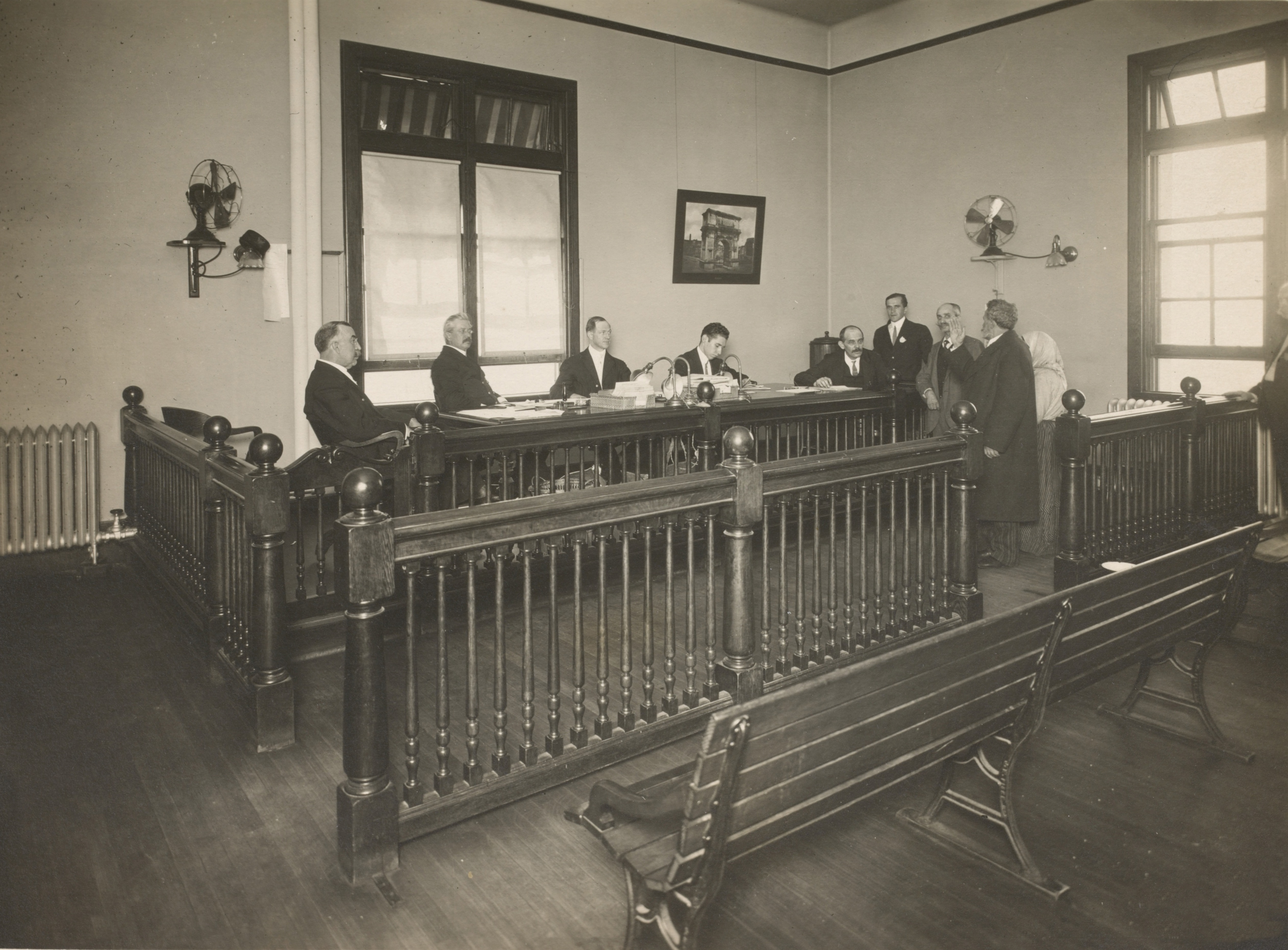Though we may be hired to interpret and apply the law, our clients rely on our writing skills to accurately capture their intent. It’s irresponsible to discount punctuation rules as pedantic and useless. Lawyers must get three comma rules right:
Continue readingEven when we’re working in the same building, we rarely interact the people we work with in person and in real time. Now that we’re working from home, we’re relying on email more and more. Aside from a few Zoom conversations, your email writing style and etiquette may be the only thing a senior partner knows of you.
Continue readingIn middle school, we memorized vocabulary lists to learn new words and build our reading comprehension. In high school, we memorized vocabulary lists to prepare for college entrance exams. In law school, we memorized legal terms for cold calls and final exams. Success at these tedious memorization exercises led to academic accolades and bragging rights. After years of indoctrination, it’s no surprise that we would believe that a large vocabulary would impress readers. But if you believe that, you’d be wrong.
Continue readingThough we continue to write legal memos as though they will be read on printed paper, that expectation no longer holds. Even before the recent shift to working remotely, email had become the primary method of business communication and email memos the vehicle to share legal analysis. Now the screen of the electronic device on which we read provides our structure, context, and limitations—we no longer rely on the printed page for this information.
Continue readingAs Gary Kinder wrote in The Perfect Brief Part 11 - Polishing Your Brief, you should never use tricks to squeeze a brief into a word or page limit. It’s unethical and judges will notice—they’ve seen every trick we can imagine.
Continue readingFor our final installment on The Perfect Brief, we offer a list you can quickly peruse to ensure you have checked all of the elements in your brief to make it the most convincing document you can put before a judge.
Continue readingA polished document encourages a generous reading, so review to correct mistakes, shorten the brief, and generally make the judge’s job easier. Below are several ideas to ensure that what we send to the court is our best work and enhances our reputation with the judge.
Continue readingOver centuries, these false notions have grown to dominate a litigation practice and stuff our briefs with the results of unsavory habits. We aim to dispel them, so you can deliver to the court your most persuasive brief.
Continue readingWhen you craft tight and convincing paragraphs, you leave your opponent no room to break into the flow of your argument. This requires recognizing the specific roles played by facts and opinions and asking the right follow up questions to uncover weaknesses.
Continue readingTo get a judge immersed in our story, we must capture the judge’s imagination. By using descriptive language that engages the senses, we invite a judge to experience our client’s plights from our client’s perspective.
Continue reading













